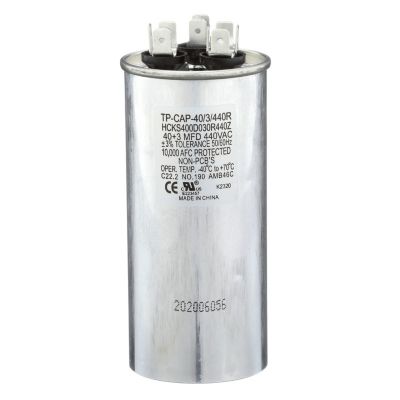Blog
Does my HVAC Unit have a bad capacitor?
Diagnosing HVAC issues can be complex, and while a faulty capacitor is a common cause of problems, it’s not the only potential issue. Here are some signs that your HVAC unit’s capacitor might be bad:
- Inconsistent Cooling: If your HVAC system is having trouble maintaining a consistent temperature, or if it takes a long time to reach the desired temperature, a faulty capacitor could be the culprit.
- Intermittent Operation: A bad capacitor can lead to intermittent operation of the HVAC system. The system might start and stop unexpectedly, leading to inconsistent comfort levels in your home.
- Humming or Buzzing Noises: Unusual noises, such as humming or buzzing, could indicate a problem with the capacitor. If you hear these sounds, it’s advisable to have a professional HVAC technician inspect the system.
- Weak Airflow: A capacitor helps start the motors that drive the fans in the HVAC system. If the capacitor is failing, it may result in reduced airflow, making your system less effective in circulating air throughout your home.
- System Not Turning On: If your HVAC system fails to turn on, a faulty capacitor might be the reason. The capacitor provides the initial electrical boost to start the motors, and if it’s not functioning correctly, the system may not start.
If you suspect an issue with your HVAC capacitor, it’s crucial to consult with a qualified HVAC professional. They can perform a comprehensive inspection, including testing the capacitor, to determine if it is indeed the source of the problem. Capacitors are relatively inexpensive components, and replacing a faulty capacitor is a common and straightforward repair.
Attempting to diagnose or repair HVAC issues without the necessary knowledge and experience can be dangerous and may lead to further damage. It’s recommended to leave HVAC diagnostics and repairs to trained professionals who can accurately assess the situation and perform any necessary repairs or replacements. Regular maintenance and timely repairs can help ensure the optimal performance and longevity of your HVAC system.


